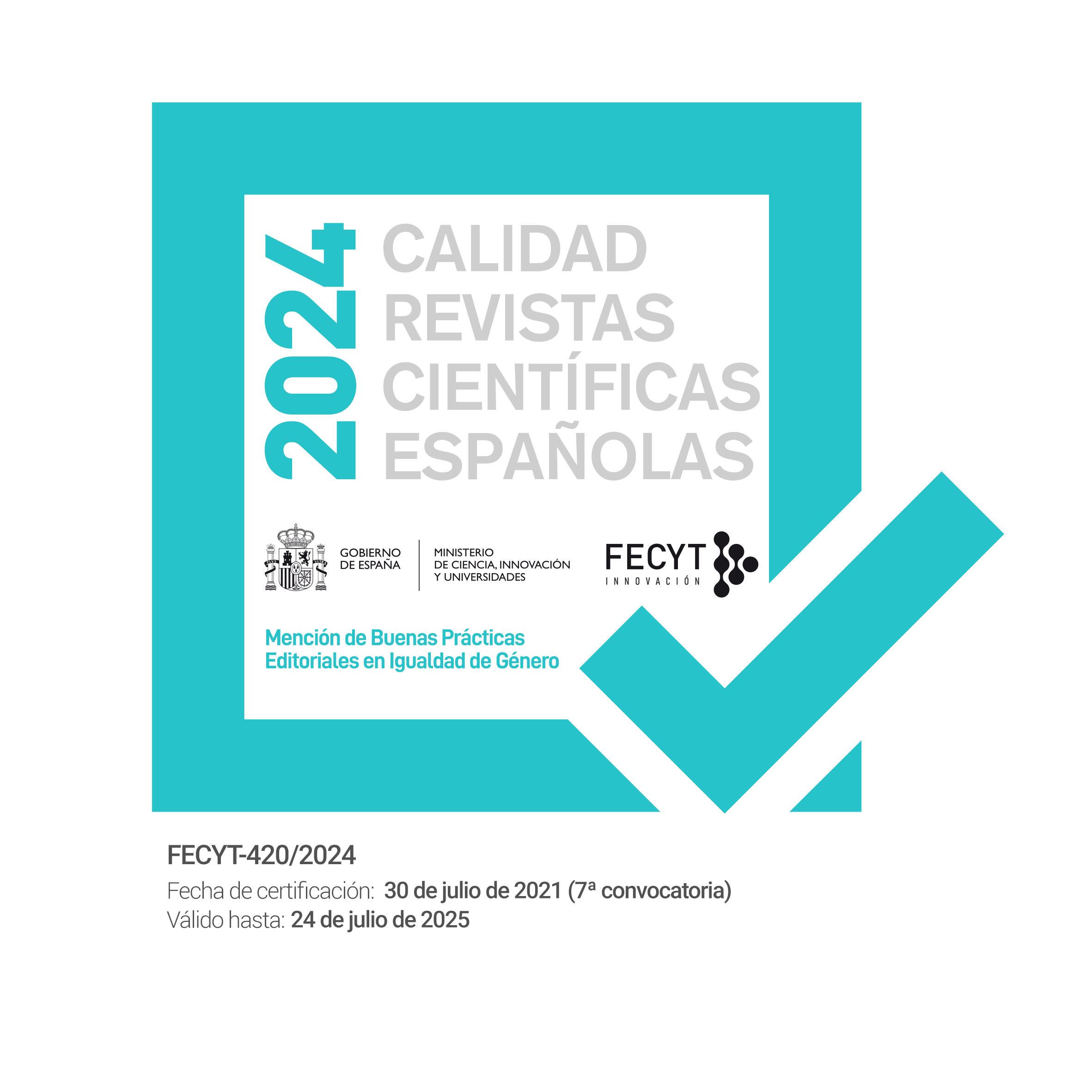VALUE AND KITSCH IN THE DEATH OF VIRGIL
Keywords:
Value Theory, Kitsch, Hermann Broch, Virgil, Imitation, AeneidAbstract
The following article studies the plot logic of the novel Der Tod des Vergil, in the context of Hermann Broch’s value theory and his considerations about kitsch in art and society in the first half of the 20th century. First of all, we propose moving past the romantic interpretation of the novel to focus on the circumstances under which the story was written at the prison of Bad Aussee, and the fusion of author and character. For that purpose, we suggest paying special attention to the regularity of the book’s composition, and the prevalence of ideas and symbols over facts. Furthermore, we approach some main notions of the aesthetics and ethics of Hermann Broch, such as his concepts of value, kitsch, and the opposition between literary creation and imitation. Finally, we analyze the ethos of value in some key scenes of the novel, in particular Virgil´s journey and the crucial decision to burn the Aeneid.Downloads
Published
How to Cite
Issue
Section
License
All contents published in the journal are protected under a Creative Commons BY-NC-ND license. This corresponds to legislation within Spain, and does not allow commercial use of the texts. It is not possible to modify the contents either.
General information.
Comparative Literature magazine 452ºF [ISSN 2013-3294] is a publishing project coordinated by Asociación Cultural 452ºF, and developed by its Editorial board.
Access to the Contents and Copyright.
All contents published in the journal are protected under a Creative Commons BY-NC-ND license. This corresponds to legislation within Spain, and does not allow commercial use of the texts. It is not possible to modify the contents either.
Every person has free access to the contents of the journal as long as they understand and assume that no profit is to be made on other people’s work.
In all cases, the original source name of the online journal and the article must be mentioned when used for any purposes.
Basic Conditions of all Call for Papers.
- 1. The author accepts that sending the paper:
- a. Does not guarantee the publication of it.
- b. Is done in accordance to the style-sheet of the magazine and the requirements of the specific call for papers.
- c. Implies the non-exclusive transferring of the first publication rights of the paper, as long as it is selected to be published in the journal, to theAsociación Cultural 452ºF, under a Creative Commons BY-NC-ND license.
- 2. The journal 452ºF, in due respect to moral rights of a copyright, guarantees that:
- a. All papers will be evaluated according to the procedure already mentioned.
- b. All authors will receive either a positive or negative answer to their sending a paper for publication.
- c. All papers will be published unabridged. The journal might make changes in the typographical disposition according to the needs.
- d. All papers will be published under a Creative Commons BY-NC-ND license.




